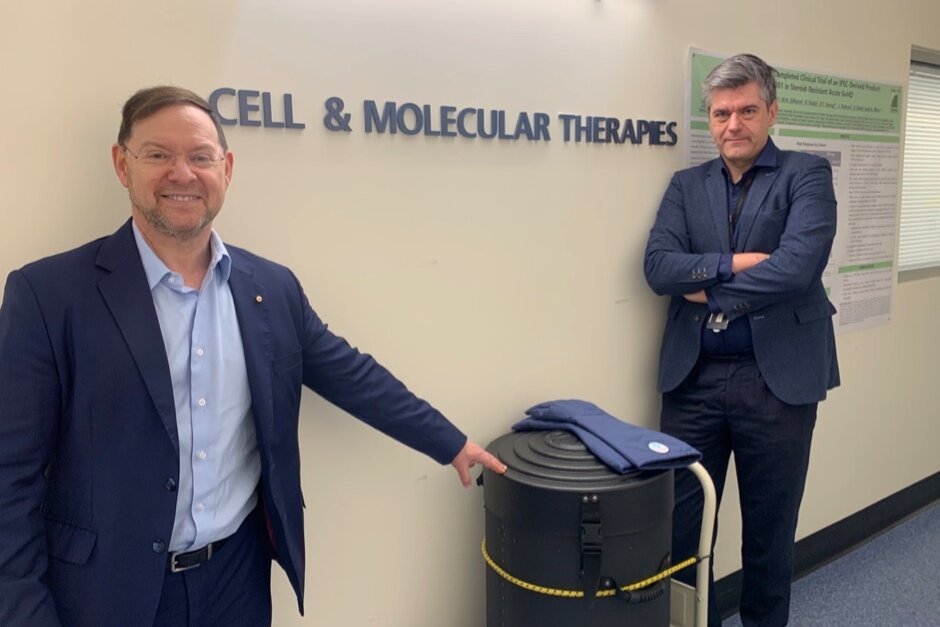
About Us
Understanding Disease
We are driven by the belief that the causes of disease must be understood at their molecular origins if rational treatments are to be designed. To understand cancer causation and the roots of genetic disease, we need to first understand how normal cells function.
We are examining how key regulatory molecules and genes function to give us insight into when molecular, cellular and genetic processes go wrong.
We are determining the impact of mutations on key regulatory factors in the cell.
Using sophisticated bioinformatics expertise we are analysing different cancers to reveal genetic signatures.
Finding a Cure
Our primary goal is to integrate innovative cell and gene therapy research to improve human health.
We are exploring strategies to improve gene transfer efficiency for curative gene therapies in diseases like haemophilia and thalassemia.
We are implementing the latest cell therapy and CAR-T immunotherapy techniques to conduct clinical trials against solid cancers.
Using the latest liquid biopsy technology we are detecting the presence of circulating tumour cells to diagnose, grade and determine therapeutic responses to improve cancer management.
Research Highlights
In Basic & Translational Research
First Nanostring device in southern hemisphere
First Rarecyte in southern hemisphere
Discovery of intron retention as a conserved mechanism of gene expression control in mammalian cells
Discovery of 3 of the 5 genetic causes of human inherited amino acid transport disorders of the kidney
In Clinical Research
First clinical human gene therapy trial in Australia using AAV - for haemophilia. Dozens to follow
First clinical human gene therapy trial of lentivirus-mediated gene therapy of blood stem cells - for thalassaemia
First completed human trial of induced pluripotent stem cell-derived cells in any disease worldwide
Prof. Rasko was the first President (2018-20) of the International Society for Cell & Gene Therapy from the Southern Hemisphere
The first approved Australian centre for commercial implementation of CAR-T cells in blood cell malignancies (along with the PeterMac in Melbourne)




